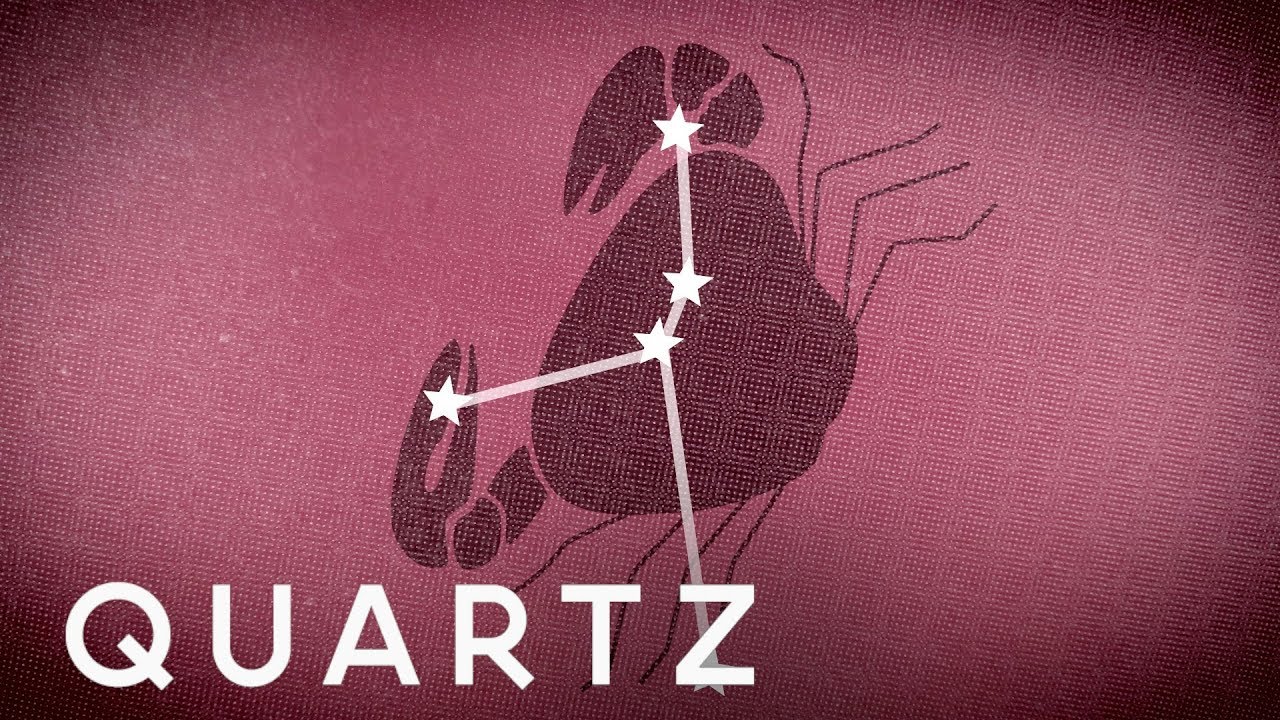Astrology Is Not A Science, But It Has Aided Scientists - A Critical Look At Astrology
Since its inception thousands of years ago, science has made amazing strides, yet astrology hasn't lost any of its appeal.
Even though its claims have been debunked over and over again, many people still find it helpful when they are anxious.
Astroloogy is not a science. Even some of the most important websites about the topic, like Straight Forward Guidance or Joy Number, agree with that (visit their websitebecause it is worth the time with their great articles).
But still, astrology has made many advances that benefit science overall.
Understanding Astrological Concepts That Become Science
Almost everyone used to believe that astrology mirrored how the universe worked: "As above, so below," to use an old adage.
This was how the planets got us talking. Therefore, it is not strange that it has influenced our languages. The following are some typical words with astrological roots:
Disaster: This Middle English word comes from the Greek word "dys aster," which means evil star.
It refers to the idea that stars and planets are to blame for bad things that happen on Earth.
Influenza: This terrible virus, whose name in Italian means "influence," tends to spread during certain times of the year, and people used to think it was caused by a bad star.
Consideration: A significant choice once required careful consultation with the stars (Latin: con sidus).
Do you know when to make a wish on a star? Then you should yearn for sidus.
Saturnine Saturn-ruled individuals typically have a depressing, melancholy attitude.
Changes in the lunar cycle were thought to cause brief periods of insanity (Latin: luna).
The Interest In Astrology
Astrology is a humorous subject. It has returned to mysticism because it is the only thing that can protect it from a rational critique after withstanding decades of scientific investigation.
We might be surprised to learn that a form of divination invented in the Levant thousands of years ago is still in use in this day of genetic sequencing and powerful telescopes.
Astrologers are reporting better business than normal in the middle of our pandemic.
Whether or not that is accurate, it is unquestionably valuable, and many contemporary astrology users agree.
No one seems to care whether it is scientific or not, and many even profess not to believe in it. They only find it helpful.
This is because astrology is a difficult subject to comprehend as a whole. I am aware that my research has only given me a brief glimpse of it.
As above, so below, is the basic tenet of astrology. Astrologers assert that the positions of different celestial bodies (such as planets, moons, and asteroids) at the time of our birth reveal profound truths about who we are and what will happen to us.
Many people, especially in our modern age, reject this theory and instead view the sky as a mirror, while some believe that these celestial bodies directly impact events on Earth through some unidentified method.
They assert that we can see a reflection of who we are and what the future may hold by studying the language of astrology.
It's crucial to shed light on the scientific wringer astrology has been put through since the 1950s before moving on to the sort of unquestionable "secular theology" that it has evolved into.
Indeed, a number of studies examining the ability of astrologers to match astrological profiles to individuals, the compatibilities between Zodiac signs and their career inclinations, and the ability to predict specific events have had disastrous effects on the profession's credibility.
Also, given the distances involved, none of the known forces could explain this effect if, as early proponents of astrology said, things on Earth are caused by the heavenly spheres.

Astrology isn’t science, but your horoscope is more real than you think
Studies Over Astrology
After getting over their injured egos, sincere scientists would seek to refine their hypotheses, examine them more thoroughly, and eventually decide to replace them with a superior one when faced with a mountain of evidence that contradicted them. However, astrologists have dismissed or chosen to ignore this data.
They have resorted to hand-waving, saying that although they are unsure of what it all signifies, astrology is reliable and we will eventually understand it.
Their response to the 1990 research perfectly captures their resistance to making changes in course.
The Indiana Federation of Astrologers provided full support to the researchers during the design of their study.
The Federation even checked the lead researcher's birth chart, which shows the positions of each celestial body at the time of his birth, to make sure he was a good guy.
The study was straightforward: 23 birth charts were provided to six astrologers, who then had to match them to 23 individuals for whom they had images and responses to a lengthy questionnaire the Federation had created.
The outcome? Each astrologer produced one to three accurate matches (the average was one).
In response to this ruling, the Federation made itself into a pretzel to come up with an explanation.
In the end, they said, "Astrology may not always give measurable results, but it works anyway."
Astrology was already classified as a pseudoscience in 1978 by philosopher of science Paul Thagard because of the astrologers' lack of care.
It wasn't because chemistry had an unscientific beginning; after all, alchemy gave birth to chemistry.
It wasn't because there wasn't a mechanism for it; continental drift existed even before plate tectonics was recognized as the cause. It was a fact that the locals had largely shied away from taking responsibility.
Over a lengthy period of time, it has made less development than rival theories like psychology.
It might have begun as a protoscience(a "science in the making"), but it eventually turned into a hopeless endeavor and earned the moniker of "pseudomechanic."
But all of this is a pointless conversation for many contemporary astrology enthusiasts. They claim that astrology has no scientific pretense.
It serves as a tool for reflection. However, there are issues there as well.
People Also Ask
Why Astrology Is Not A Science?
The scientific community has rejected astrology as having no ability to explain the universe.
According to scientific research, there is no proof to back up the astrological traditions' premises or claimed effects.
Astrology has been proven false in cases where it provided falsifiable predictions.
When Did Astrology Stop Being A Science?
By the end of the 17th century, new ideas in astronomy, like heliocentrism, had destroyed the theoretical basis of astrology.
This caused it to lose its academic credibility and be called a pseudoscientific work.
Why Is Gen Z Obsessed With Astrology?
According to a survey, approximately 40% of Gen Z members feel that astrology can guide their financial decisions, and astrology-specific platforms are becoming more and more well-liked.
According to a Co-Star official, their app is downloaded "every three to four seconds" in the US, according to TIME magazine.
Is There Any Proof That Astrology Is Real?
Understanding the locations of the stars, the basis of astrology, seems to be a sufficiently scientific endeavor.
But can science support the idea that astrology has an impact on our personalities and our lives?
Here is the quick response: No, none in the least.
Final Thoughts
Astrologyis not a science because it hasn't made any progress and hasn't answered a lot of important scientific questions.
Many people who are interested in astrology today don't see it as a science, but rather as a way to help them think about themselves.
This is because astrology's predictions can give people a sense of control during stressful times.
There are more practical strategies to deal with uncertainty, such as practicing mindfulness and partaking in "in the zone" activities.

